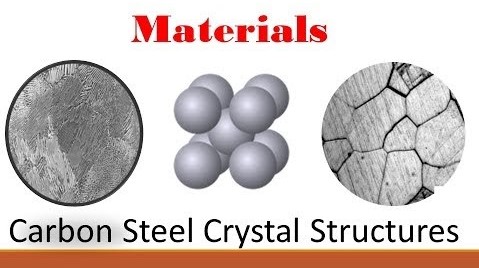MM207 - Engineering Metallurgy

Instructor
Prof. Parag Bhargava
Section
Default allotment by the institute
Semester
Autumn
Course Difficulty
Moderate to difficult course. Reason for the categorisation: the course is very interesting but attending classes regularly and following the professor carefully becomes almost essential to score good in the course, lack of good slides is also a reason. Alternatively you can follow the book William Callister’s Material Science and Engineering, but even after sincerely doing all of that you can’t be assured of a good grade, that’s what makes this course difficult. I’ll cover more about the examination a little later in the review.
Time Commitment Required
Not very time-consuming if you have attended the lectures and sincerely paid attention, even the project is performed in groups of around 10 members which eases off the load from individual members. But without attending lectures, the course may become very demanding before examinations.
Grading
Grading was relative and was done leniently.
Attendance Policy
Attendance was not mandatory, but for this specific course, very important
Pre-requisites
None
Evaluation Scheme and Weightages
- Mid-semester - 30 marks
- Project - 20 marks
- End-semester - 50 marks
Topics Covered in the Course
To be updated
Quality of Lectures
Prof. Bhargava is one of those professors who focuses more on building an engineer over teaching a student. He gives a lot of information in class from his latest research and problems faced in the industry related to the topic being taught, the only problem is the sheer size of the knowledge he shares in the class, there is no way it can all be covered in slides, thus the slides alone aren’t very useful. He speaks out of his experience, and expects students to listen carefully and to critically think during exams. Two lectures of Prof. Bhargava you would never want to miss. The very first lecture when he talks about why you should become an engineer and the first lecture after your mid-semester examinations; the purpose of life lecture. One of the best professors, I have interacted with so far in life.
Assignments and projects in the Course
Prof. Parag Bhargava offers a choice between an Industrial visit __ project (will update it). Students had to report their learnings and present it in front of the class. Questions from the presentation were asked in the end-semester examination. The highest overall scores in the course hovers around 60%, and the project is one place where you can easily fetch marks, that alone if done sincerely should be sufficient to pass the course. You may want to take it very seriously.
Exams
- Mid-semester - moderate to difficult
- Project - Easy
- End-semester - Moderate to difficult
The exam is an interesting element in this course, it may seem like anything and everything related to engineering metallurgy is being asked in the exam, questions like, explain the material and manufacturing process of the pen you are writing the exam with, I hope you understood. On Prof. Bhargava’s standards, the question above will fall in the easy category, he asks some very involved questions in the exam which requires the student to critically think, the most elegant feature of his examination question is that you don’t need any more knowledge than what is covered in the class to score a 100% in his exam still the highest that anyone scores is around 60%.
Reference Material
- William Callister’s Material Science and Engineering
The best reference material would be the class topper’s notes, the second best would be rely on your friend’s who regularly attend classes. You can also consult a few seniors, use their notes if they were regular in class. Only if both of you were taught by prof. Bhargava.
Importance of Course
Very important, foundation to all kinds of projects that students may be involved in. It eases understanding of concepts in higher level courses: Manufacturing Process 1 and Manufacturing Process 2. It touches upon all the basics of Engineering Metallurgy that an engineer should know, not restricted to Mechanical Engineers.
Review by: Arvind Manimurugan